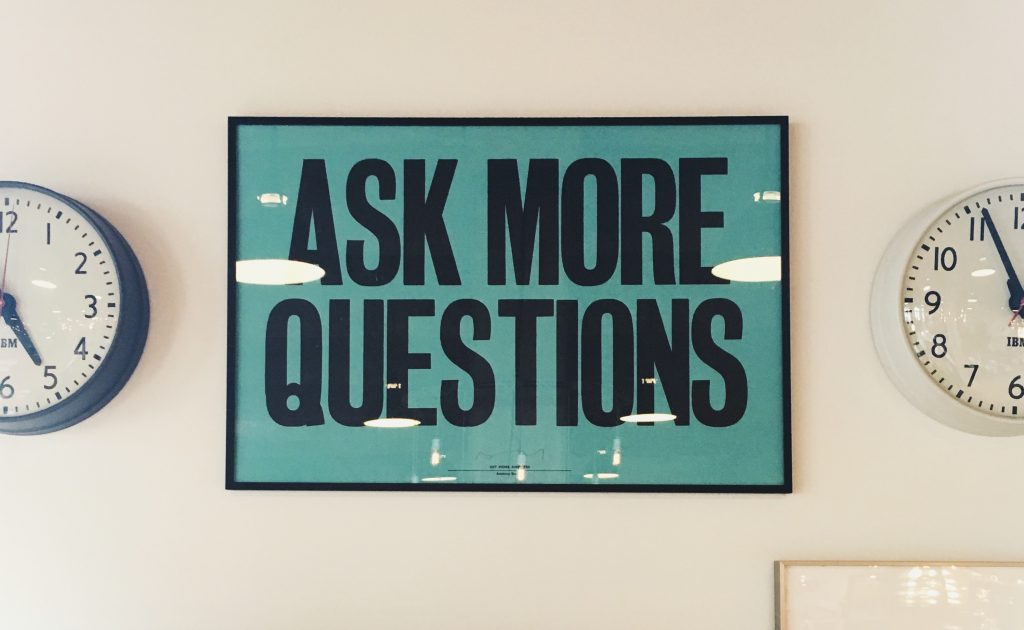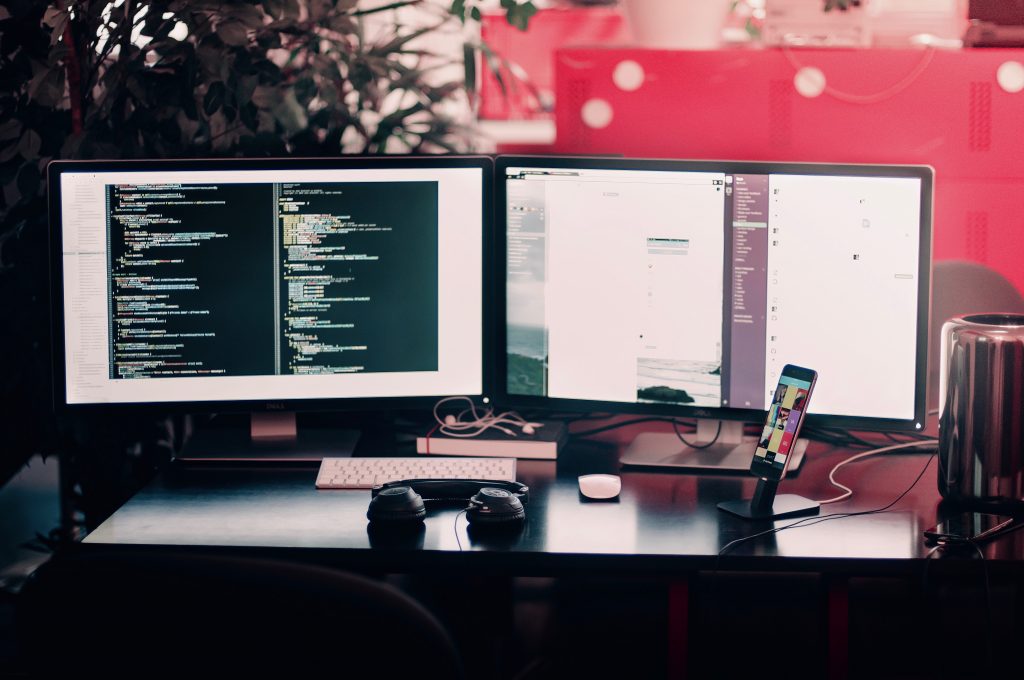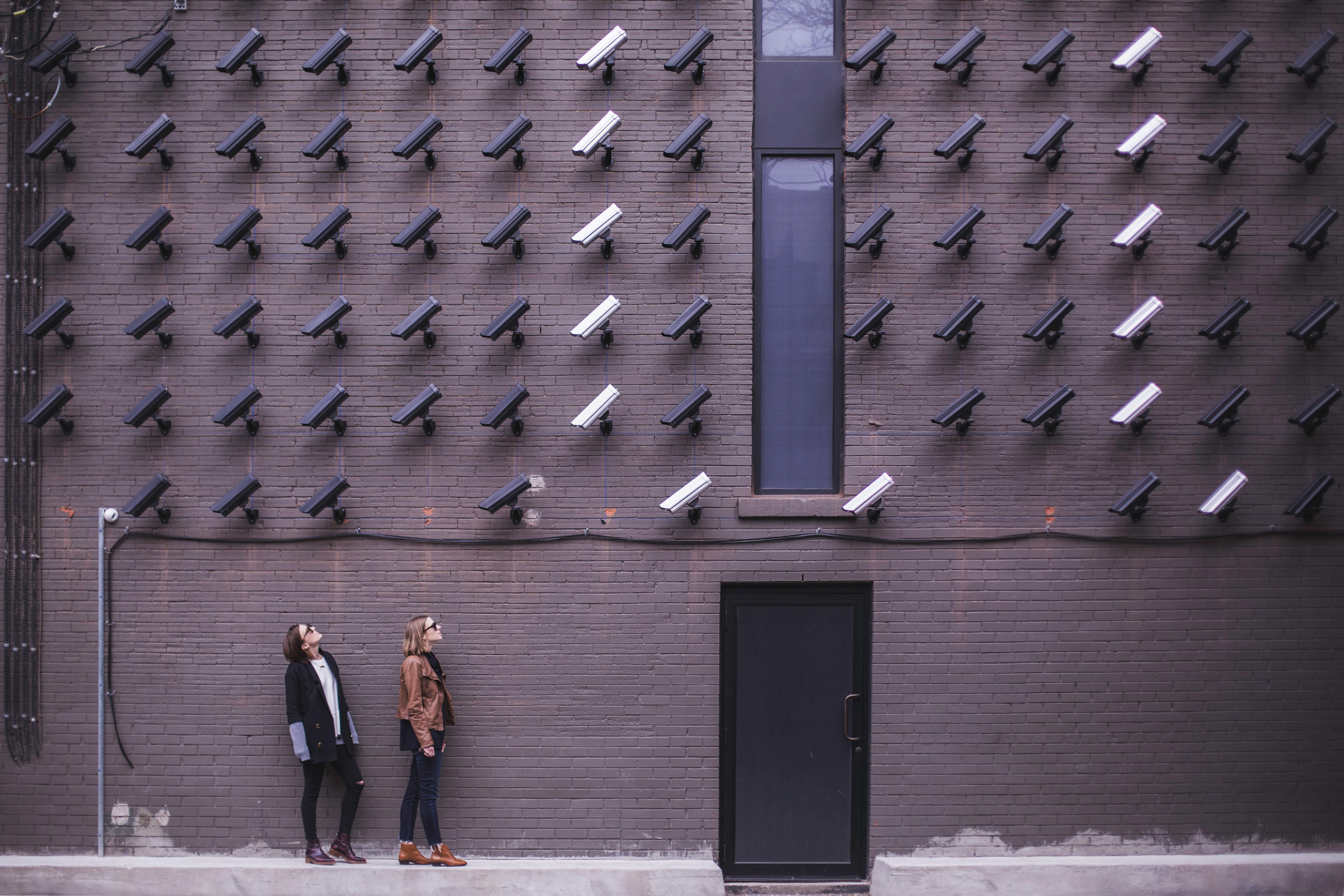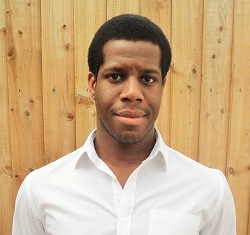Ever had the feeling that you’re being watched at work? You’d be right to think so. Workplace surveillance is carried out by businesses across the world, but is it compatible with human rights?
What do we mean by workplace surveillance?
Put simply, workplace surveillance means the activities of employees are monitored in the workplace.This may happen through:
- physical searches
- recording on CCTV cameras
- recording internet usage and website visits
- listening in on phone calls
- monitoring the use of workplace devices
- GPS tracking of company vehicles
Employers monitor their workers to ensure they comply with company rules, keep tabs on their performance, or even investigate allegations of crime. Many workers accept the need for employers to keep an eye on them, and consent to being monitored in their work contracts.
What about our right to privacy?

Employers do not have unlimited powers to spy on their workers. There are laws which regulate how far employers can monitor their workers in the workplace. For example:
- The Data Protection Act 1998 restricts how personal data can be used by companies. Personal data is data which identifies another living human being. Under the Act, workers’ personal data must be used fairly and lawfully, for specified purposes, and must not be used excessively by employers.
- The Regulation of Investigatory Powers Act 2000 determines how communications between different people can be ‘intercepted’ by businesses and public authorities.
- The Telecommunications (Lawful Business Practice) (Interception of Communications) Regulations 2000 authorises employers to access and monitor their own systems for business purposes.
How do human rights protect us from workplace snooping?

The Human Rights Convention is a powerful shield against excessive snooping. Article 8 of the Convention protects our right to have our privacy respected. Privacy includes our private communications in the workplace. Employers can only interfere with our right to privacy if they act in a proportionate way.
Take the case of Lynette Copland for example. Her internet and e-mail usage was monitored at her workplace without her consent or knowledge. The Human Rights Court ruled her Article 8 rights had been violated. Emails and phone calls were part of an employee’s private life under the Convention. The collection and storage of her personal information was not controlled by a workplace policy, and so was not justified under the Convention.
However, there are times when workplace surveillance will be justified. This was true for Bogdan Barbulescu, an engineer employed by a private company. His employer asked him to create a Yahoo messenger account to respond to client enquiries. However, he used the company’s internet for personal use during working hours.
This breached the company’s internal regulations and Barbulescu was fired. The Human Rights Court ruled there had not been a violation of Barbulescu’s human rights. The employer had acted reasonably in trying to ensure that its employees were completing their professional tasks during working hours.
So what does the future hold for workplace surveillance?
As digital technology has developed, there are more opportunities than ever for employers to snoop on their workers. Workers are entitled to be informed as to how far they’re being monitored by their employers.
Likewise, employers should follow codes of conduct to ensure they do not abuse their surveillance powers. As working life becomes more computerised and surveillance gets more sophisticated, the question of workplace surveillance will continue to be debated.
For more information
- Read Privacy International’s guest post on the right to privacy
- Check out our post on workers’ rights







